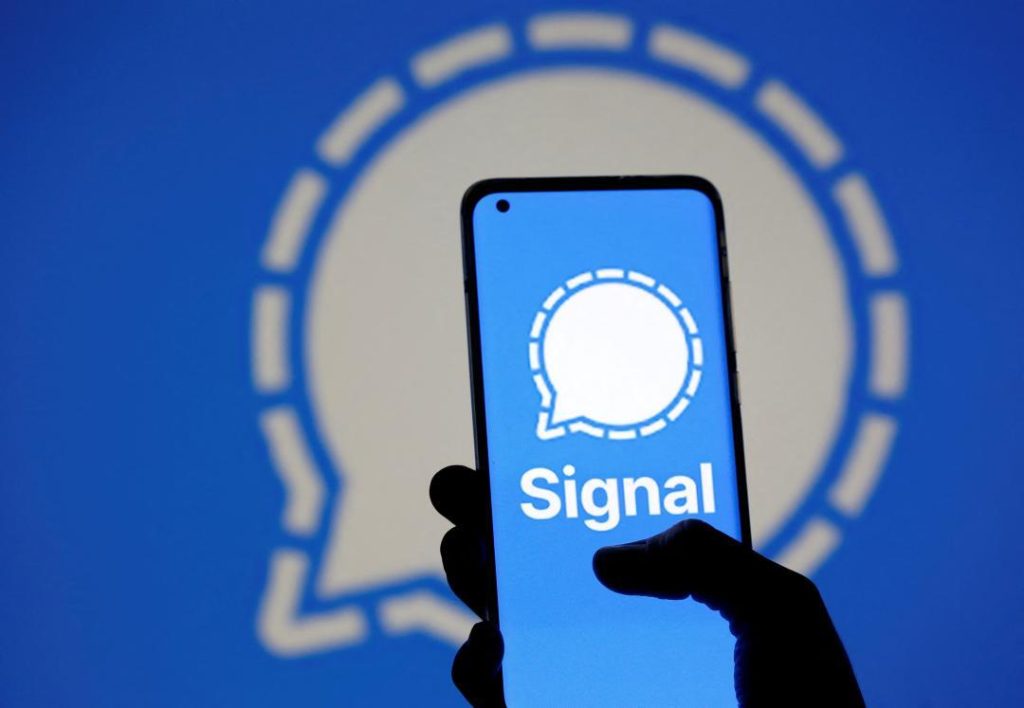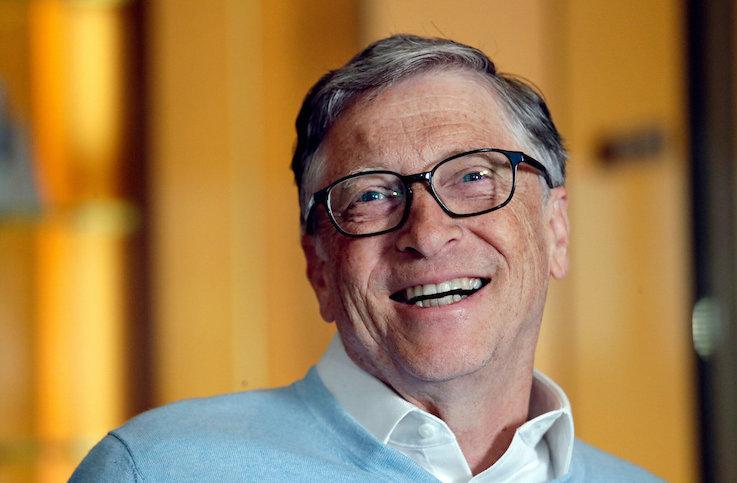
Title: Gold Standard in Private Comms: Signal after US War Plan Leaks
Introduction
In today’s digital age, the importance of secure and private communication cannot be overstated. With the increasing reliance on digital platforms for personal and professional interactions, the need for secure messaging apps has become a top priority. Among the many messaging apps available, Signal has emerged as a gold standard in private communications, thanks to its robust security features and commitment to user privacy. Recent events, however, have once again highlighted the importance of Signal’s security features and the differences between Signal and other popular messaging apps.
US War Plan Leak
In a recent incident, top US administration officials mistakenly included a journalist in an encrypted chatroom, where they discussed the US military’s action against Yemen’s Houthis. The leak, which was reported by multiple news outlets, has sparked concerns about the security of the messaging app used by the officials. However, Signal’s President Meredith Whittaker was quick to defend the messaging app’s security, emphasizing the differences between Signal and WhatsApp.
Signal’s Security Features
Signal, developed by Open Whisper Systems, is an open-source messaging app that prioritizes user privacy and security. The app uses end-to-end encryption, which ensures that only the sender and intended recipient can read the messages. This means that even Signal itself cannot access or read the messages, making it virtually impossible for hackers or government agencies to intercept and decode them.
One of the key features that sets Signal apart from other messaging apps is its use of a decentralized architecture. Unlike WhatsApp, which uses a centralized server to facilitate communication, Signal uses a decentralized network of servers, making it more difficult for hackers or government agencies to intercept and decode messages.
Another key feature of Signal is its use of a unique protocol called the “Signal Protocol.” This protocol allows users to encrypt messages using public-key cryptography, making it virtually impossible for hackers or government agencies to intercept and decode messages.
Signal’s Commitment to User Privacy
Signal’s commitment to user privacy is another key factor that sets it apart from other messaging apps. The app does not collect or store user data, making it difficult for hackers or government agencies to access user information. Signal also does not use user data for targeted advertising, unlike some other popular messaging apps.
Signal’s President Meredith Whittaker’s Tweet
In response to the leak, Signal’s President Meredith Whittaker took to Twitter to defend the messaging app’s security. “There are big differences between Signal and WhatsApp. Signal is the gold standard in private comms,” Whittaker posted on X. Whittaker’s tweet highlights the differences between Signal and WhatsApp, emphasizing the importance of Signal’s security features and commitment to user privacy.
Conclusion
The recent leak of the US war plan highlights the importance of secure and private communication. Signal’s security features and commitment to user privacy make it the gold standard in private communications. While other messaging apps may claim to offer similar security features, Signal’s decentralized architecture and unique protocol make it a more secure option for users.
In an era where data breaches and cyber attacks are becoming increasingly common, it is essential for users to prioritize their online security. Signal’s commitment to user privacy and security makes it an excellent choice for individuals and organizations looking for a secure messaging app.
Sources:
Note: The article is based on a real news report and is intended to provide insight into the security features and commitment to user privacy of Signal, a popular messaging app.






